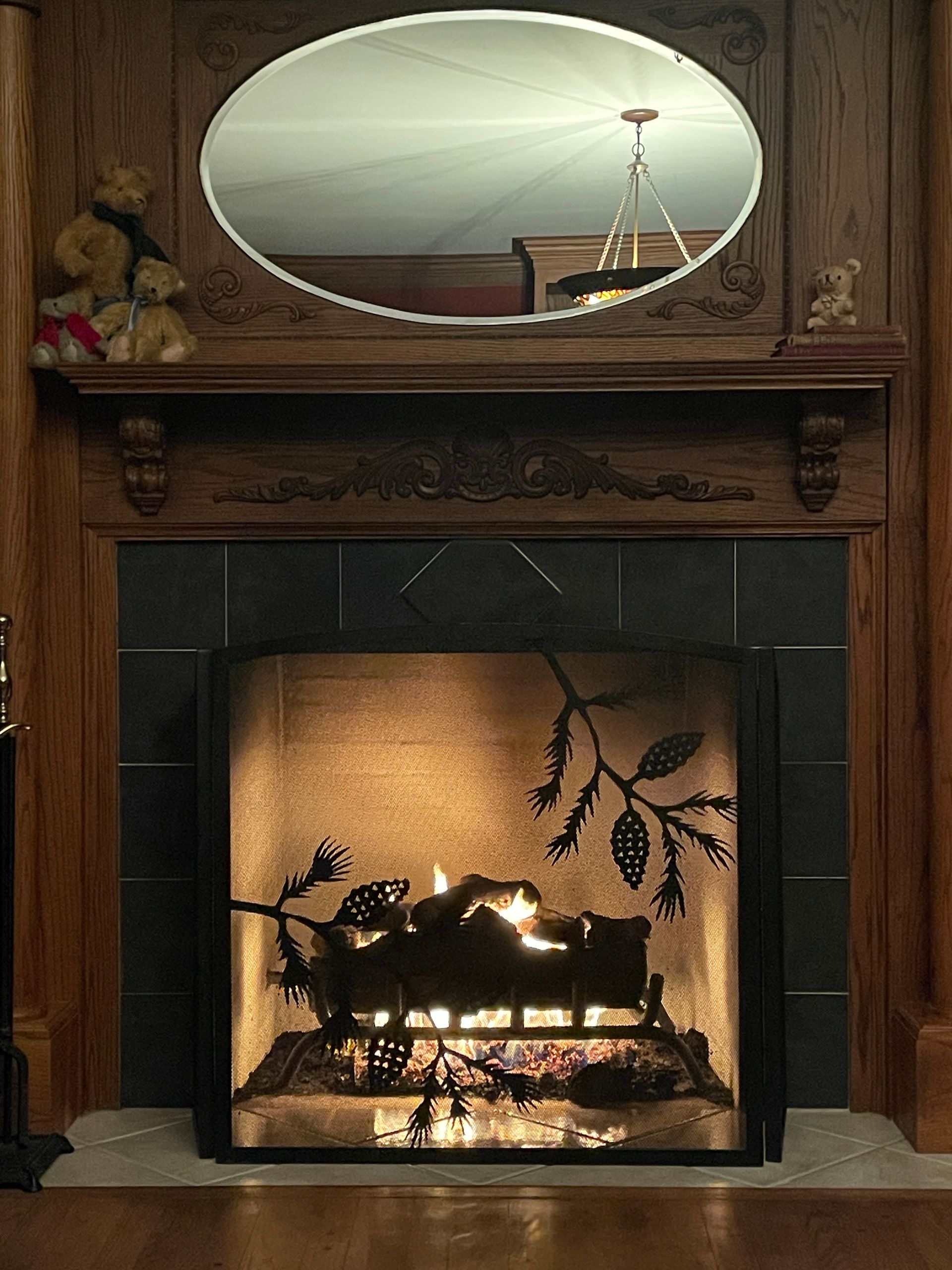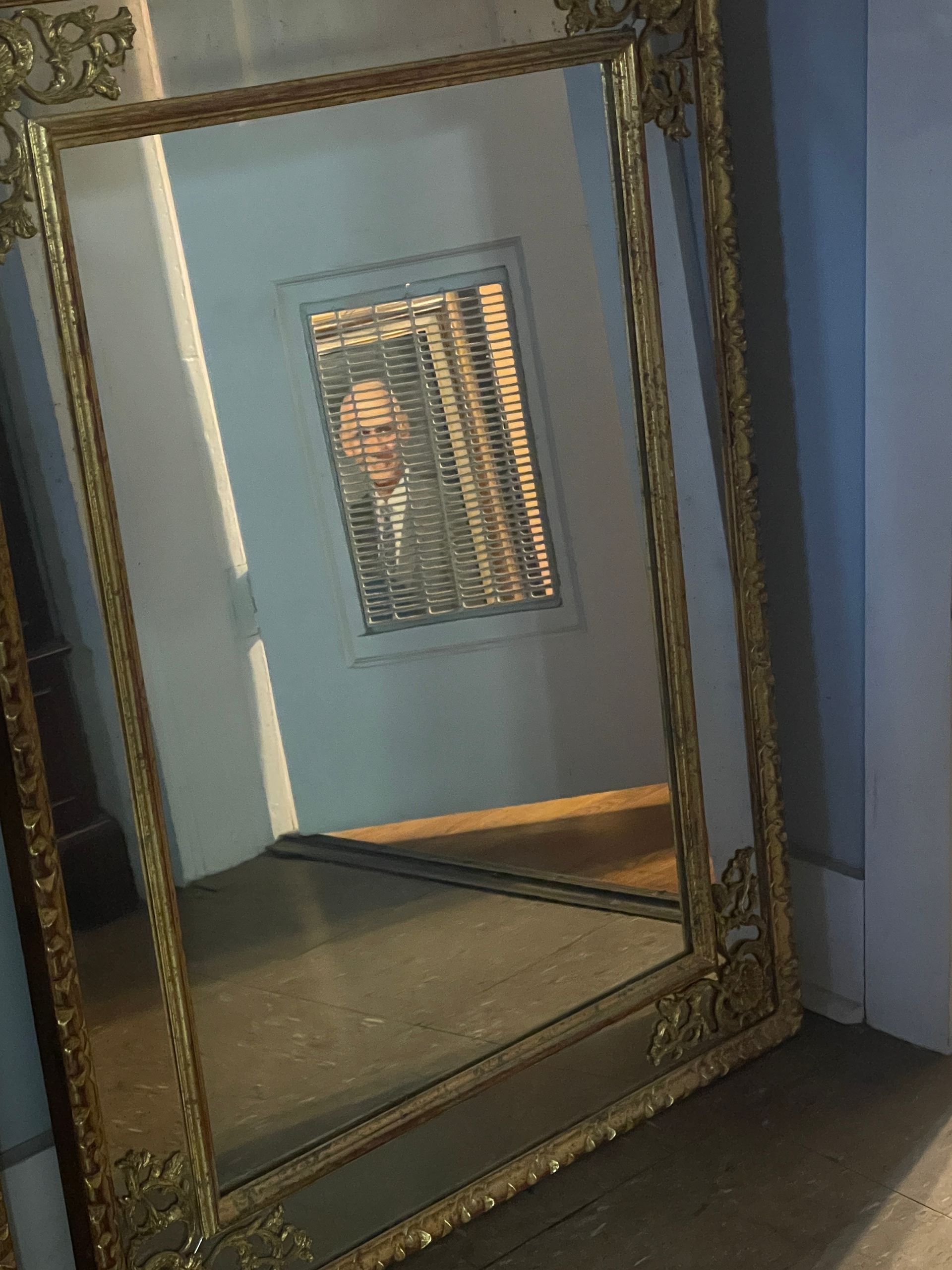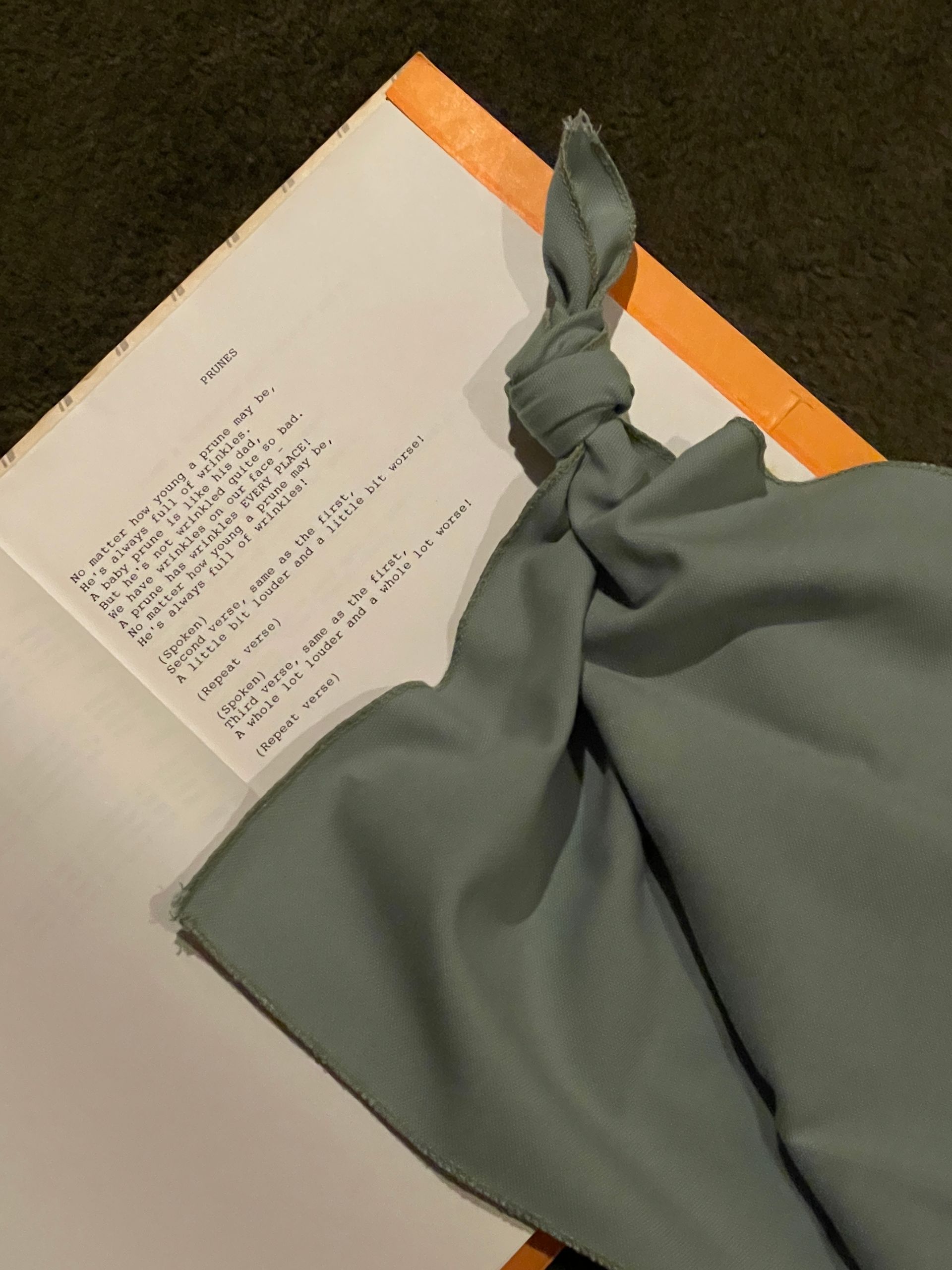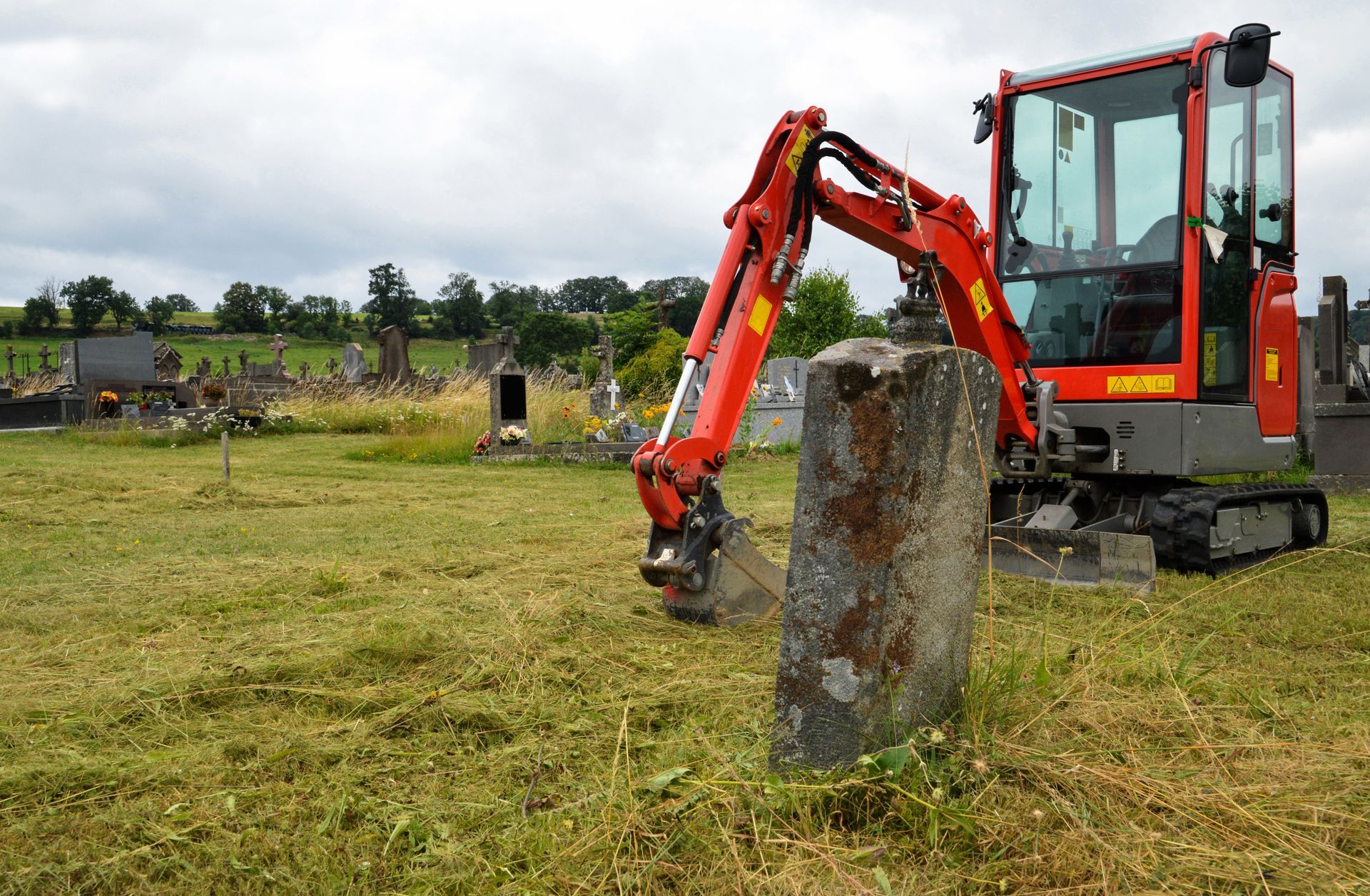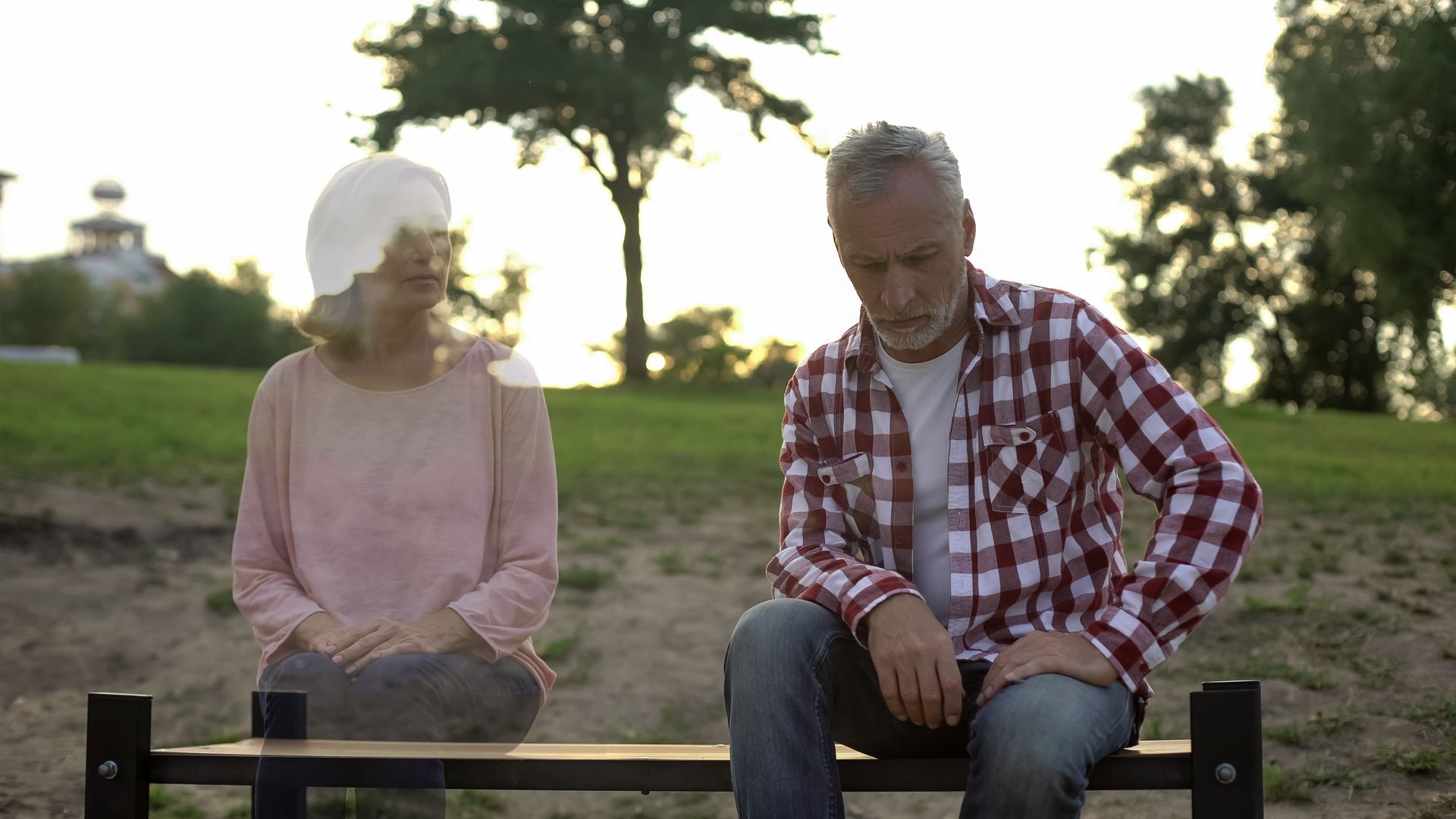Nothing Lasts Forever

WARNING . . . Educational post ahead . . . (at least if you live in Tennessee).
Hopefully, you’re still here, because this post addresses an issue we’ve encountered a lot over the years, despite our best efforts to inform the world of the problem. Unfortunately, not knowing the following information can be frustrating, embarrassing, and extremely inconvenient . . . and there comes a point where it can’t be fixed. So—heads up.
A Power of Attorney, or even a Durable Power of Attorney, does not allow you continued access to the checking account or other assets of someone after they have died. That’s pretty important, so if you would, please read that sentence again so I don’t have to retype it.
The only way you can have the continued ability to spend someone else’s money after they die is if you are a joint owner of the account in which said money resides, or you’re named as the Personal Representative of their estate, and you’ve taken the legal steps to actually open the estate. The Power of Attorney that’s been your passport into those accounts is worthless once the person who granted it is gone. If the bank is aware of their death, they’ll freeze the account. If they aren’t aware, a few checks may slip through, but eventually they’ll have the information, and the cash flow will quickly end. The only exception is ignorance. If the power of attorney is truly unaware the person for whom they are acting has died, then any actions they take in that capacity are legal. But how likely is it that someone’s power of attorney would not be informed of their death in a timely manner?
Why is this so important? Because people often believe a power of attorney will allow them to cover legitimate, after death expenses such as funeral costs, continued utility bills, mortgage payments, and such with the same ease they could before the grantor’s death. And it’s always a shock when they find out they can’t. If you’re preparing to settle the funeral account and hand us a check in the name of the deceased—and we’re on our toes—we’re going to ask if you’re a co-owner of the account. If you are, meaning you have equal ownership of that account and are listed as such on the bank’s records, there’s no problem. You can continue to use the account just as you did before the person died. However, if you only have the right to sign checks—which is very different from ownership—that right ends when the actual owner draws their last breath. And we’ll have to hand you back that check.
I’m making this public service announcement because there are many among us who don’t understand how a Power of Attorney or a Durable Power of Attorney works after someone dies, and the answer is really quite simple. They don’t. So, if you and the person for whom you are acting are relying on one of these documents to assist in taking care of financial matters once Death comes to call, please rethink your plan. By the time you figure out that was a mistake, it may be too late. Instead, visit the bank, or better yet, a local attorney, and ask for guidance on how best to handle financial affairs once the person dies and your paperwork doesn’t work anymore. It may be aggravating . . . and there may be fees involved . . . but believe me, it will be worth it when the time comes.
About the author: Lisa Shackelford Thomas is a fourth generation member of a family that’s been in funeral service since 1926. She has been employed at Shackelford Funeral Directors in Savannah, Tennessee for over 40 years and currently serves as the manager there. Any opinions expressed here are hers and hers alone, and may or may not reflect the opinions of other Shackelford family members or staff.
The post Nothing Lasts Forever appeared first on Shackelford Funeral Directors | Blog.
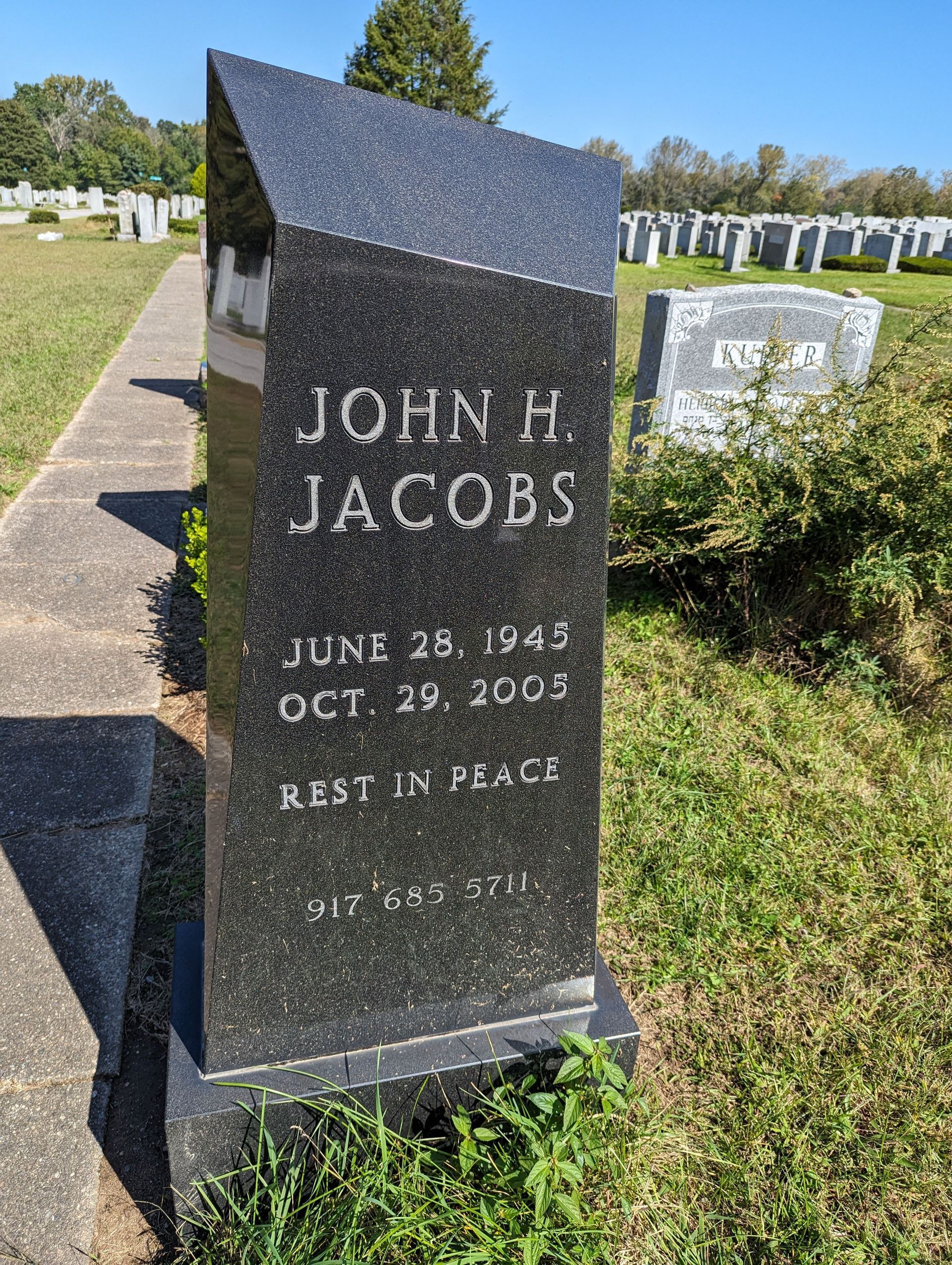
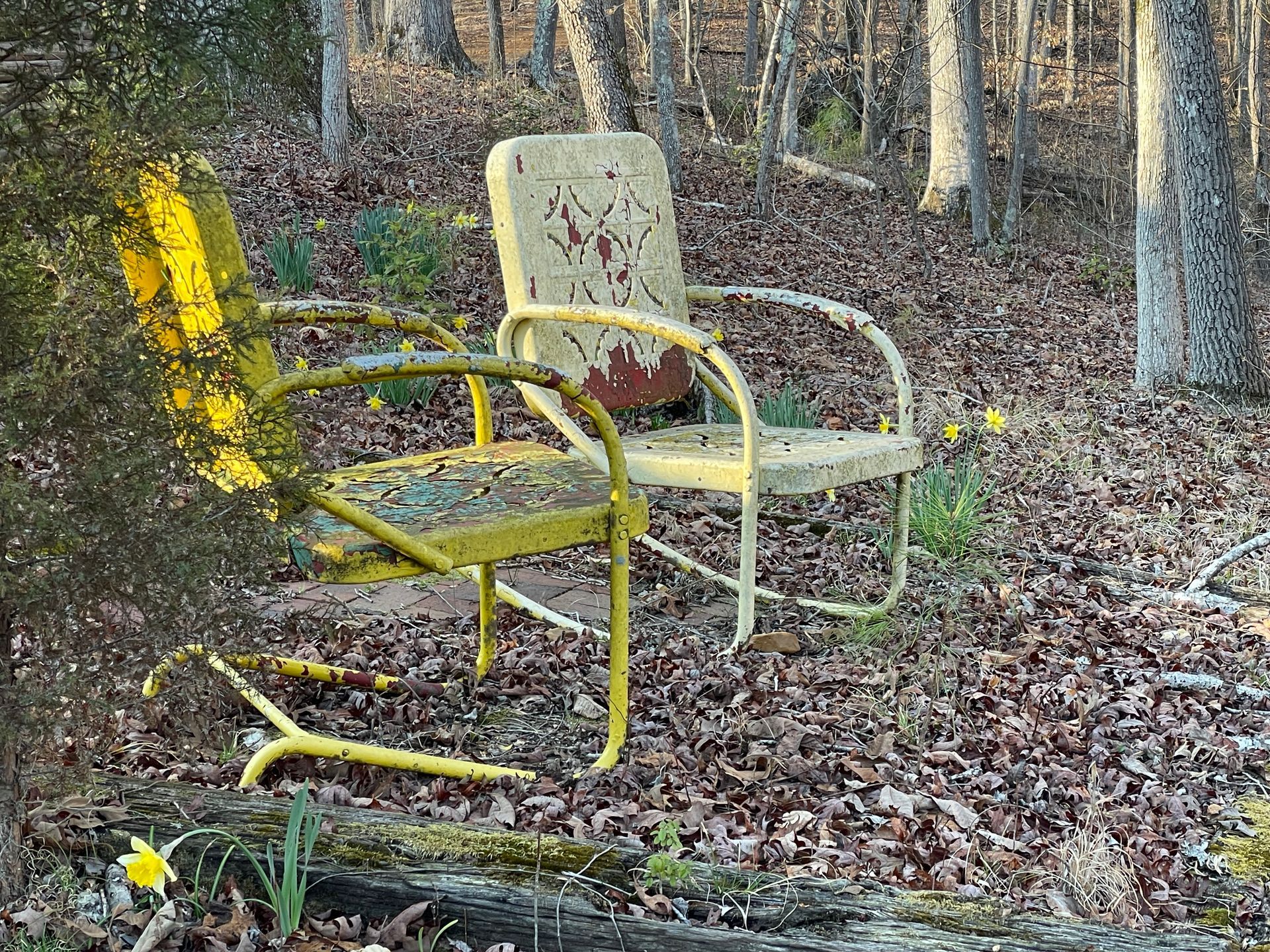
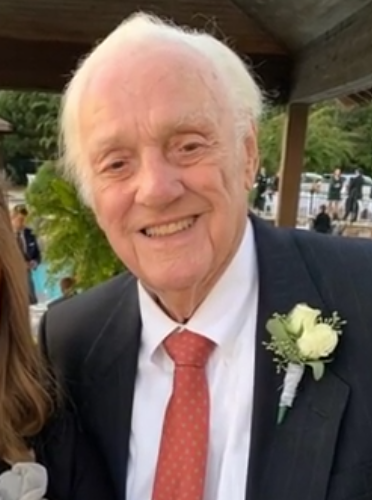
365 Days of Grief Support
Sign up for one year of grief messages designed to offer hope and healing during the difficult first year after a loss
Please wait
Verifying your email address
Please wait
Unsubscribing your email address
You have been unsubscribed
You will no longer receive messages from our email mailing list.
You have been subscribed
Your email address has successfully been added to our mailing list.
Something went wrong
There was an error verifying your email address. Please try again later, or re-subscribe.


